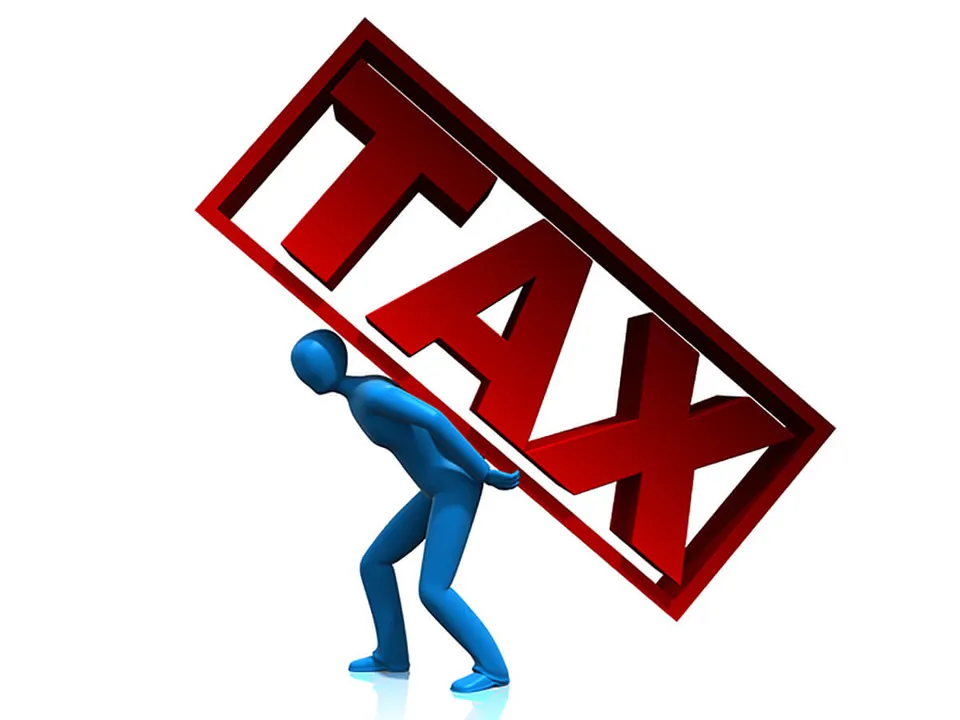ACFO has called for the ‘totally unjustified’ 3% diesel company car benefit-in-kind tax surcharge to be scrapped in discussions with Government officials.
The request came during a recent face-to-face meeting with officials from HM Treasury and HM Revenue and Customs (HMRC) and was accompanied with a renewed call for five years advance notice of future company car benefit-in-kind tax rates.
Since April 2002, company car benefit-in-kind tax has been based on a car’s list price and official CO2 emission figure. However, a 3% supplement up to the maximum charge of 35% has been levied on diesel cars, although it was waived for models first registered before the end of 2005 that met the European Commission Euro 4 standard.
Now ACFO says the 3% surcharge should be abolished for a number of reasons including:
• The additional tax was levied because in 2002 diesel cars were regarded as significant polluters. However, today’s models have CO2 emissions below those of their petrol-engined equivalents.
• The fuel efficiency of some of today’s petrol-engined models have improved significantly and, coupled with the price premium of diesel cars over petrol equivalents and the widening price differential between petrol and diesel at the pumps the advantages of diesel - even with a tax penalty - are being wiped out.
• Forthcoming Euro 6 emissions standards - due to be introduced on September 1, 2014 for new models, and from January 1, 2015 for the registration and sale of new types of cars - could add ‘several’ hundred pounds’ to the price of diesel cars to ensure compliance.
ACFO chairman Julie Jenner said: “There are no valid reasons for today’s diesel models to carry a 3% company car benefit-in-kind supplement. It was introduced almost a decade ago for reasons than no longer exist.
“The tax system must reflect today’s vehicle technology and be fair and neutral irrespective of powertrain type. If the Government retains the 3% tax burden then it could see an increasing number of company car drivers opting for petrol-engined models with their improving MPG and lower list prices.
“Personal budgets are being squeezed, and evidence suggests that average company car mileage is reducing. If drivers can save money by selecting a petrol-engined model in comparison with a diesel car they will make that choice. Ultimately, the Government’s decision to retain the 3% supplement may prove to be counter productive and the tax-take will reduce.”
Meanwhile, the Government historically gave three years notice of company car benefit-in-kind tax thresholds, but that has slipped to two years with the 18-month-old coalition regime.
In the spring Budget, the coalition Government confirmed company car benefit-in-kind tax rates through to 2013-14 prompting ACFO to issue a call in the spring for five years advance notification with vehicle replacement cycles extending.
That request was repeated at the recent meeting with Jenner saying: “Many employees have their company cars replaced on a four-year cycle so they remain in the dark as to what their benefit-in-kind tax burden will be in the third and fourth year.
“We had success with calling for three years advance notification and with some fleets adopting longer vehicle replacement cycles, we will continue to push for five years in our talks with Government officials.”
For further insight and analysis, read this week's Fleet News.

















Login to comment
Comments
No comments have been made yet.